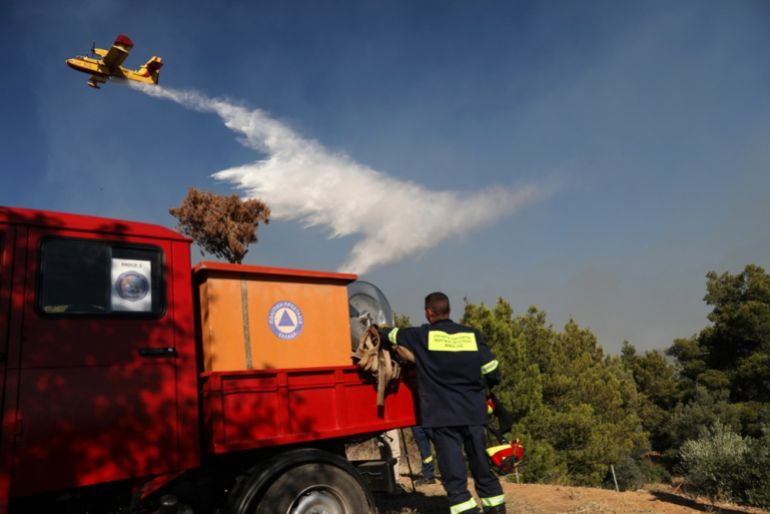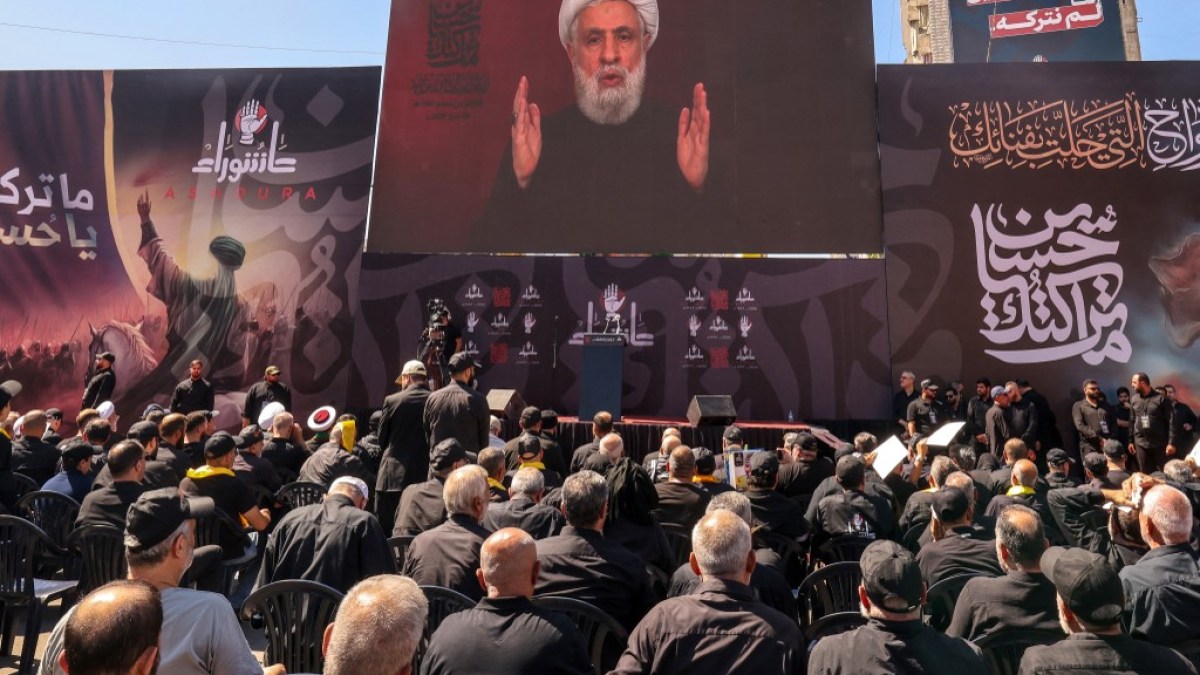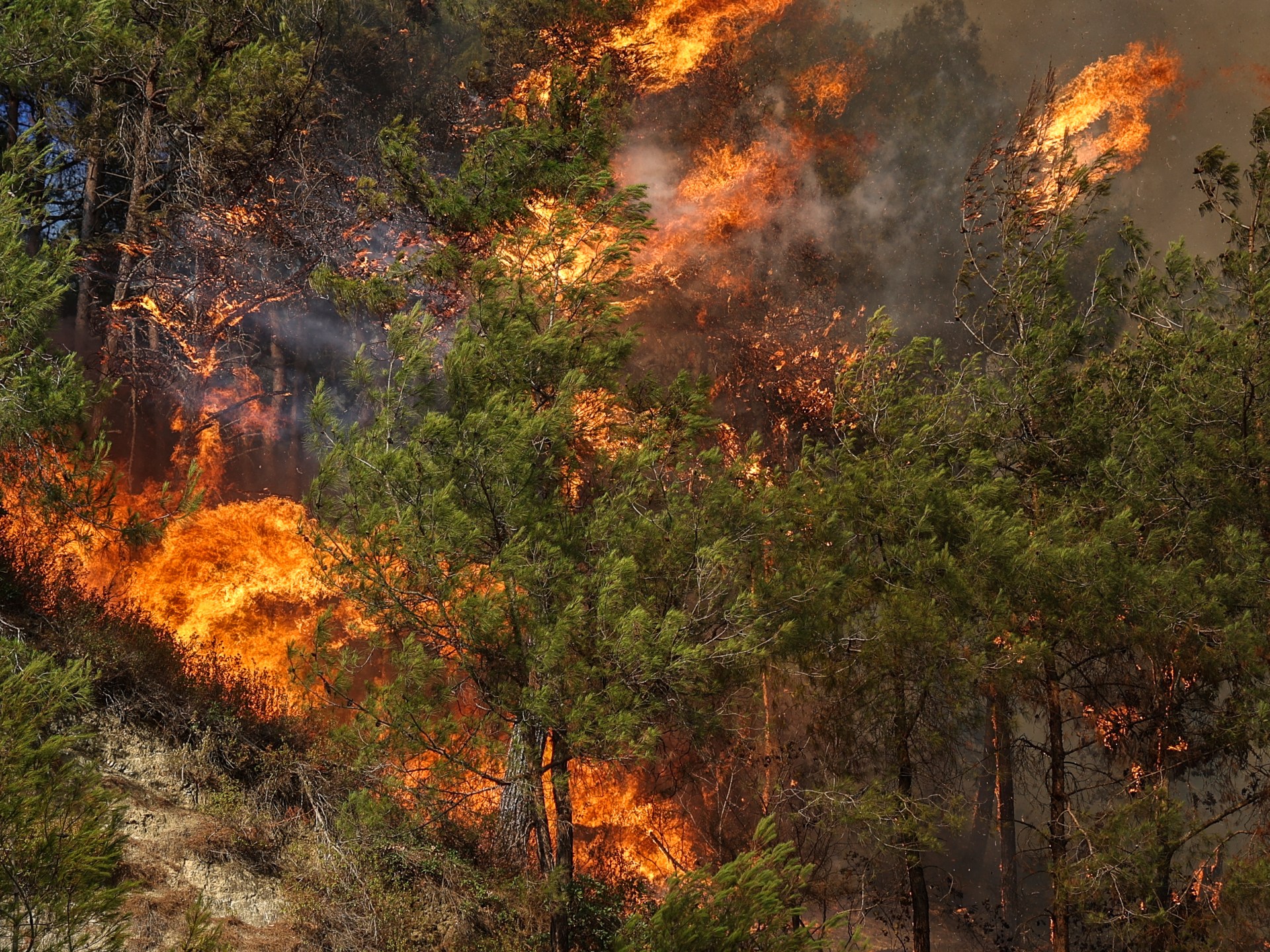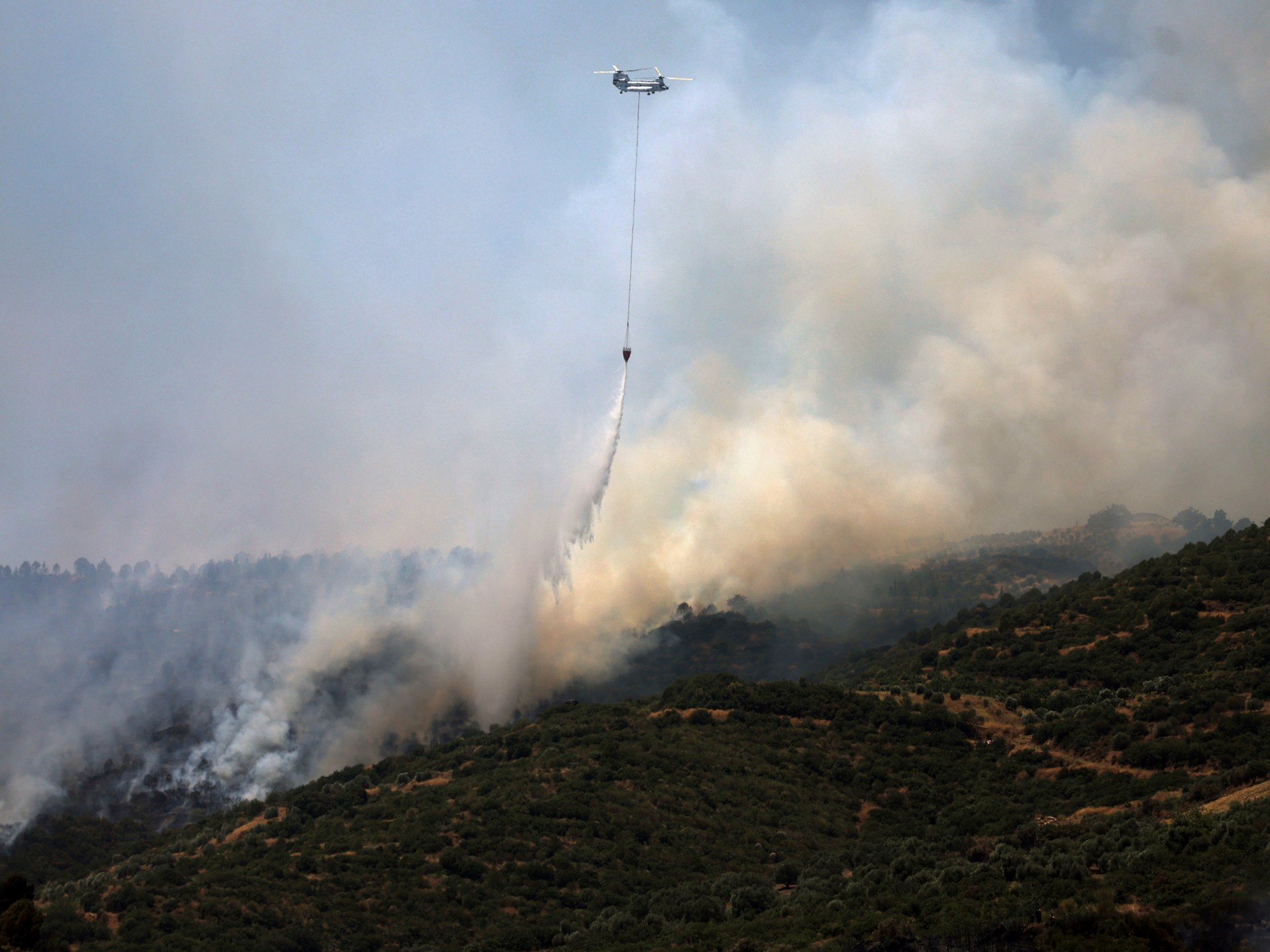Why did Israel bomb Syria? A look at the Druze and the violence in Suwayda | Armed Groups News
Israel has launched a series of intense strikes on Damascus, Syria’s capital, intensifying a campaign it says is in support of an Arab minority group.
Syria, on Wednesday, strongly condemned Israeli attacks, denouncing the strikes as a “dangerous escalation.” The Ministry of Foreign Affairs accused Israel of pursuing a “deliberate policy” to “inflame tensions, spread chaos and undermine security and stability in Syria”.
The strikes killed three people and injured 34, according to Syrian officials.
Here is what we know:
What happened in Syria on Wednesday?
Israel carried out a series of air strikes on central Damascus, hitting a compound that houses the Ministry of Defence and areas near the presidential palace.
The Israeli military also struck targets in southern Syria, where fighting between Druze groups, Bedouin tribes, and Syrian security forces has continued for more than four days. According to the Syrian Observatory for Human Rights, more than 250 people have been killed in Suwayda province during the clashes.
Israel, which already occupies the Syrian Golan Heights, says its operations aim to protect the Druze minority – whom it considers potential allies – and to strike pro-government forces accused of attacking them. Syria rejected this and called the attack a “flagrant assault”.
Where did the attacks happen?
The main attacks focused on central Damascus: the Defence Ministry, military headquarters and areas surrounding the presidential palace. Additional strikes were carried out further south.
Syria’s Defence Ministry headquarters: The compound was struck several times, with two large strikes about 3pm (12:00pmGMT), including its entrance, causing structural damage and smoke rising visibly over the city.
“Israeli warplanes [were] circling the skies over the Syrian capital,” Al Jazeera’s Zeina Khodr said, reporting from Damascus. “There was panic in the city,” she added.
Near the presidential palace (Umayyad Square): Strikes also hit areas immediately around the presidential palace in central Damascus. Another air strike landed near the presidential palace in Damascus.
In a post on social media, Israel said “a military target was struck in the area of the Syrian regime’s Presidential Palace in the Damascus area”.
In the south: Israeli drones also targeted Syria’s city of Suwayda, a mainly Druze city close to the border with Jordan.

Why did Israel bomb Syria?
Israel’s air strikes followed days of deadly clashes in Suwayda between Syrian government forces and local Druze fighters. The violence began with tit-for-tat kidnappings and attacks between Druze fighters and local Bedouin tribes. When government troops intervened to restore order, they ended up clashing with Druze groups – and, in some cases, reportedly targeted civilians.
The Druze, a small but influential minority in both Syria and Israel, are seen in Israel as loyal allies, with many serving in the Israeli military. A ceasefire declared on Tuesday quickly collapsed, and fighting resumed the next day.
Suwayda’s Druze appear divided. One leader, Yasser Jarbou, declared that a ceasefire had been agreed with the Syrian government. Another, Hikmat al-Hijri, rejected any ceasefire. And many Druze in Syria do not want Israel to intervene on their behalf.
Israel has its own considerations and has been attempting to expand its control in southern Syria since the fall of President Bashar al-Assad in December. Israel has shunned any attempts to come to a security agreement with Syria and has instead repeatedly bombed the country this year. Many analysts believe that Israel would prefer a weak Syria over a country it believes could potentially threaten it should it grow strong.
Intensifying attacks
Israel, citing a commitment to protect the Druze and prevent hostile forces from gaining ground near its borders, warned Wednesday it would escalate its operations unless Syrian troops withdrew from Suwayda. The province sits near both the Israeli and Jordanian borders, making it a key strategic zone.
“This is a significant escalation,” Khodr, Al Jazeera’s correspondent, said. “This is the Israeli leadership giving a very, very direct message to Syria’s new authorities that they will intensify such strikes … if the government does not withdraw its troops from southern Syria.”
As part of its campaign, Israeli forces struck the General Staff compound in Damascus, which it said was being used by senior commanders to direct operations against Druze forces in Suwayda.
Israeli officials said the strikes were also aimed at blocking the buildup of hostile forces near Israel’s frontier.
Shortly after the Damascus attacks, Syria’s Ministry of Interior announced a new ceasefire in Suwayda. According to state media, government troops began withdrawing from the area.
Syrian response
Syria condemned the Israeli strikes as a violation of international law, a stance echoed by several Arab governments.
Syria’s new government has been trying to assert control, but it has struggled to do so in Suwayda, in part due to repeated Israeli threats against any government military presence in the province.
“The Israelis are not going to allow the Syrian government to spread its authority all over the territory,” said Ammar Kahf, executive director of Omran Center for Strategic Studies, who is based in Damascus.
With the fall of al-Assad’s government and the infancy of a new one, Israel is trying to impose its will on the new leadership, he said.
“We are still in the early stages, but this requires all Syrians to come together. For a foreign government to come in and destroy public property and destroy safety and security is something that’s unexplainable,” Kahf told Al Jazeera.
The Syrian government has now announced that army forces will begin withdrawing from the city of Suwayda as part of a ceasefire agreement. It did not mention any pullout of other government security forces.
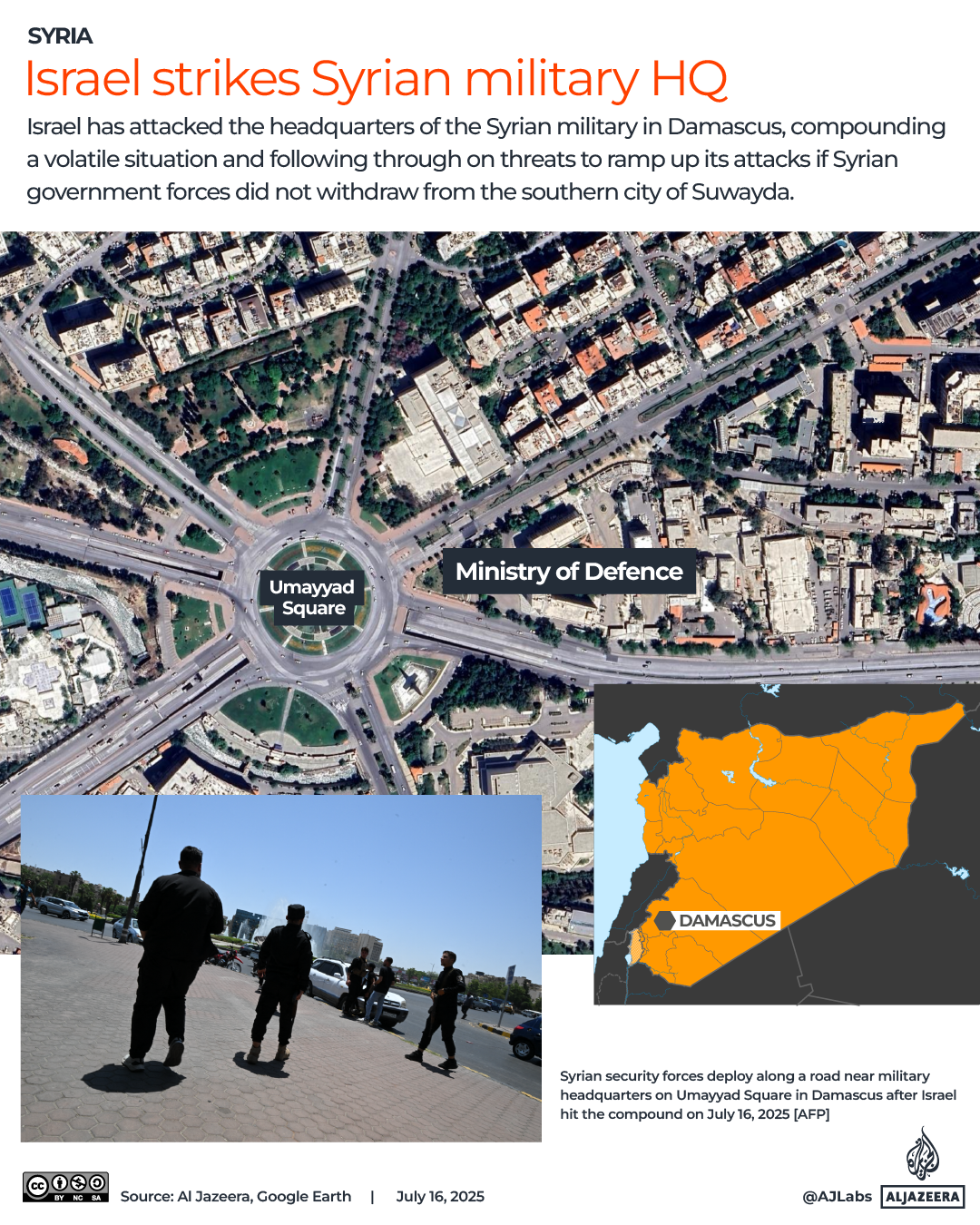
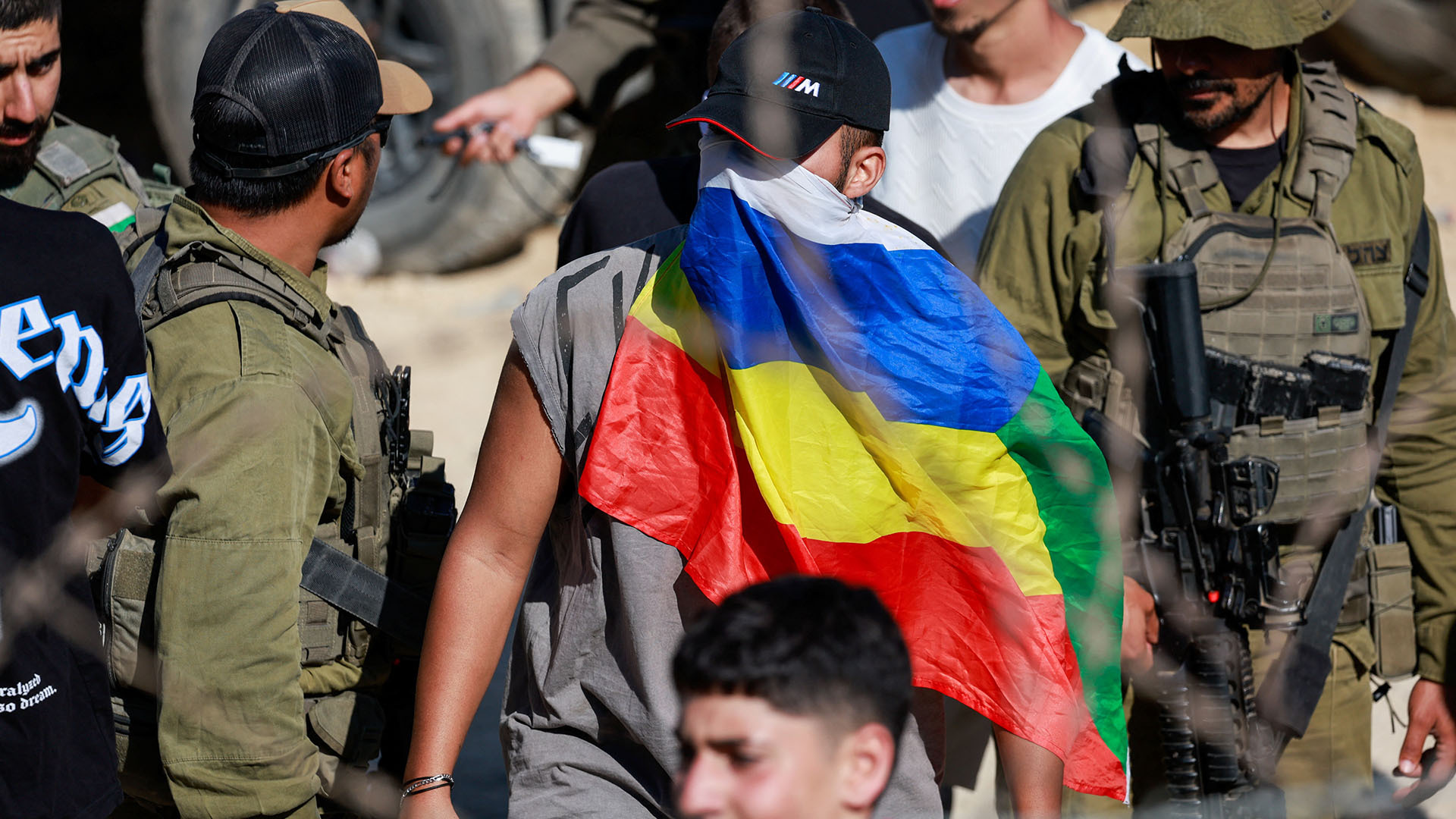
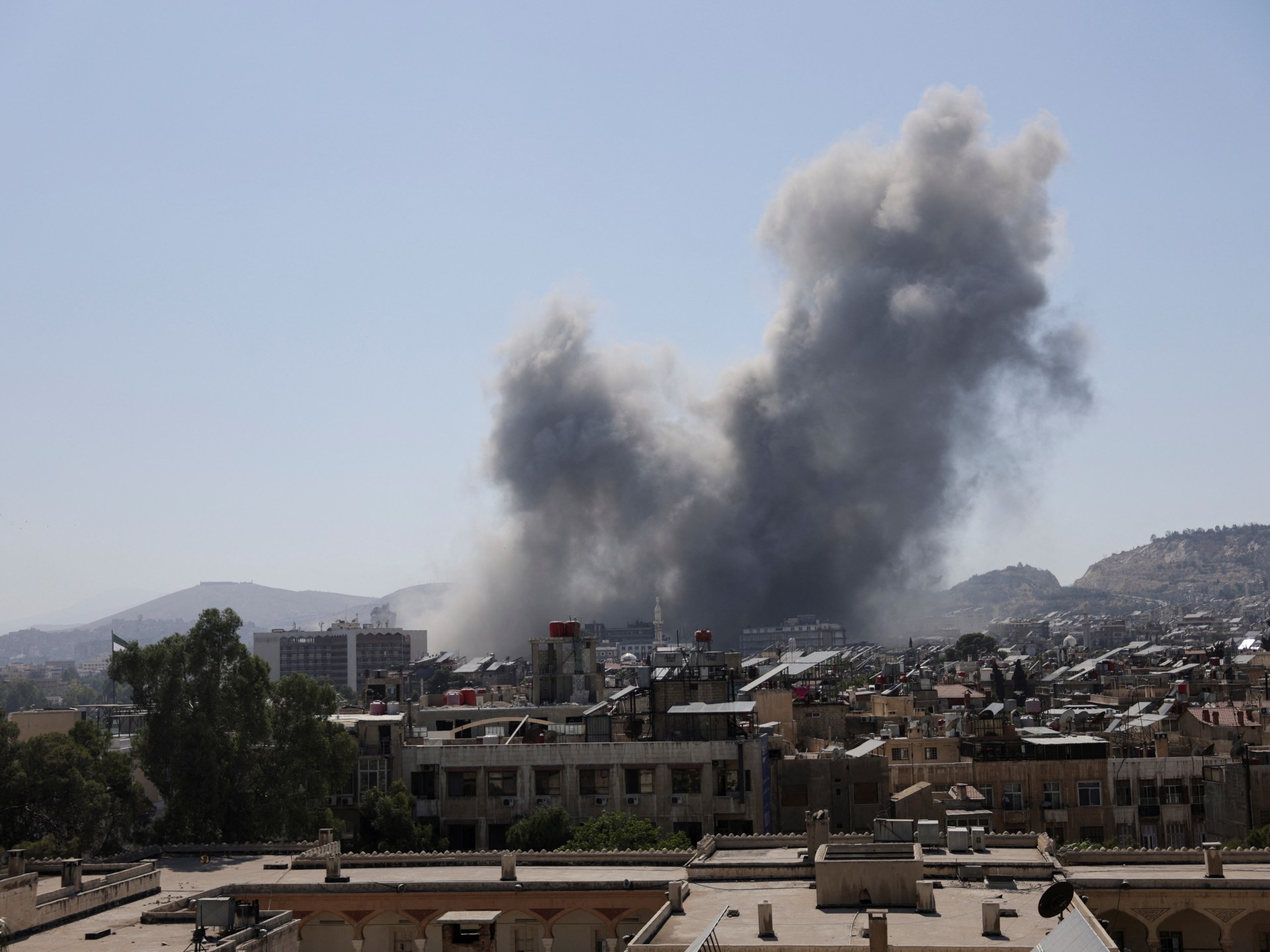
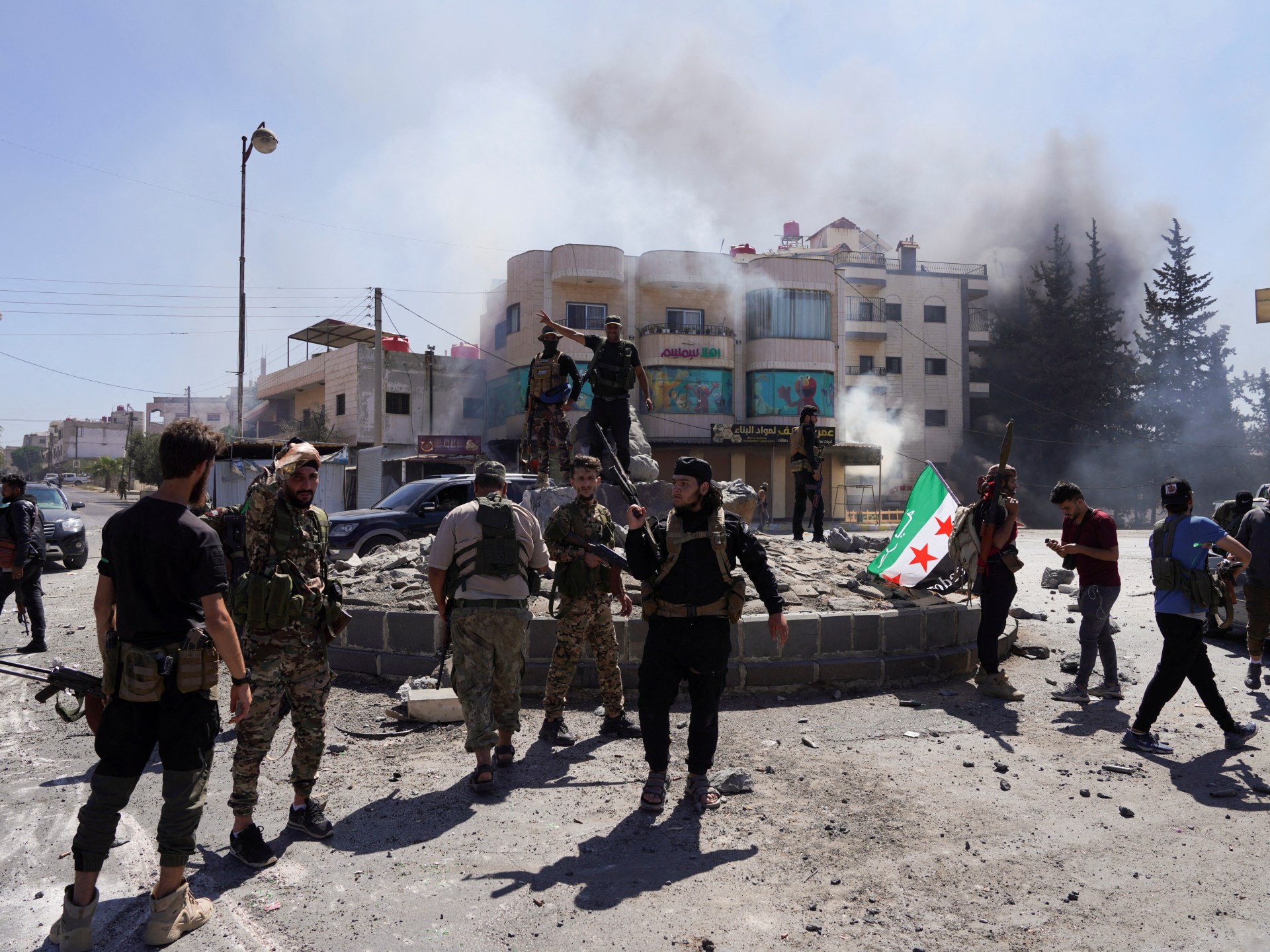
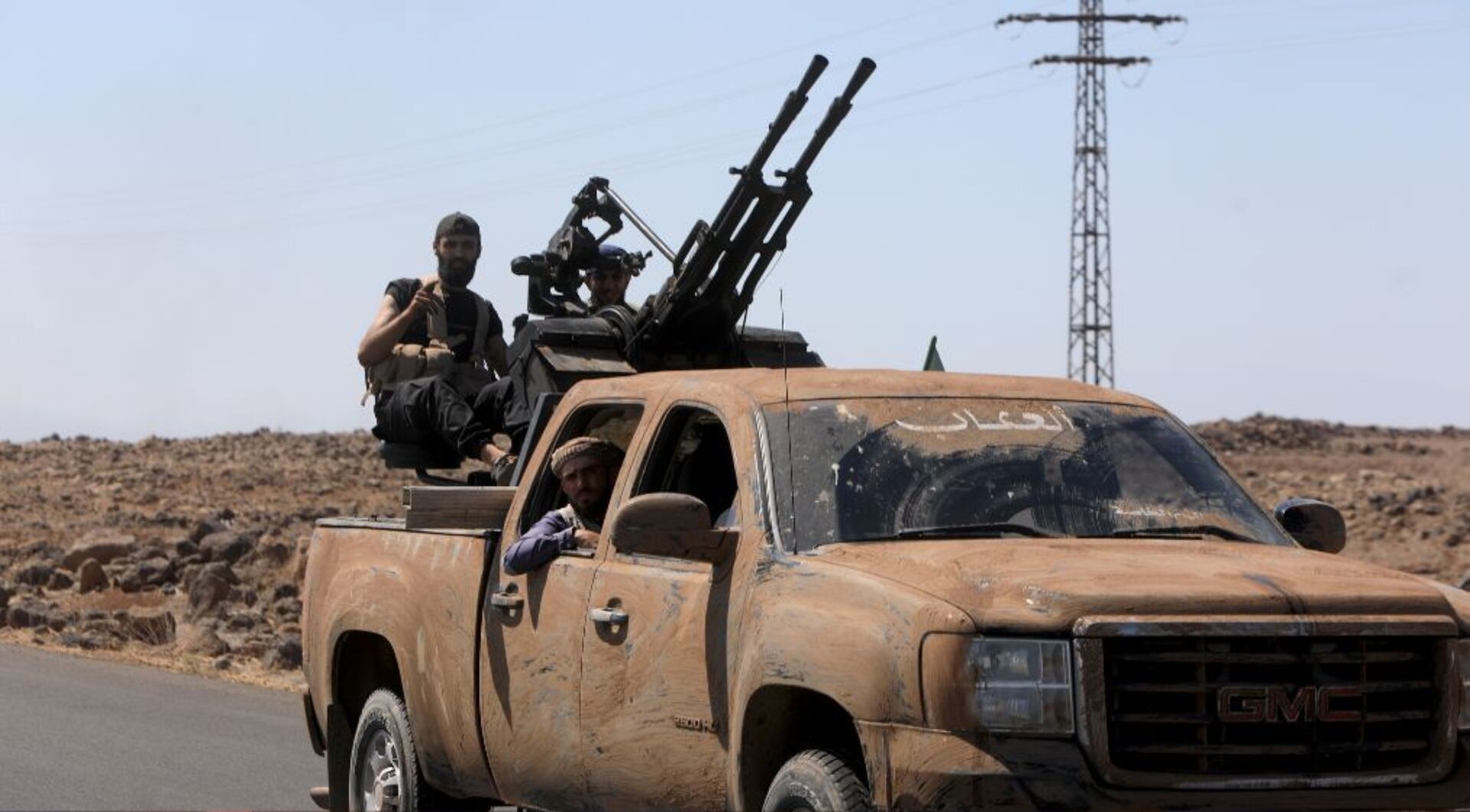
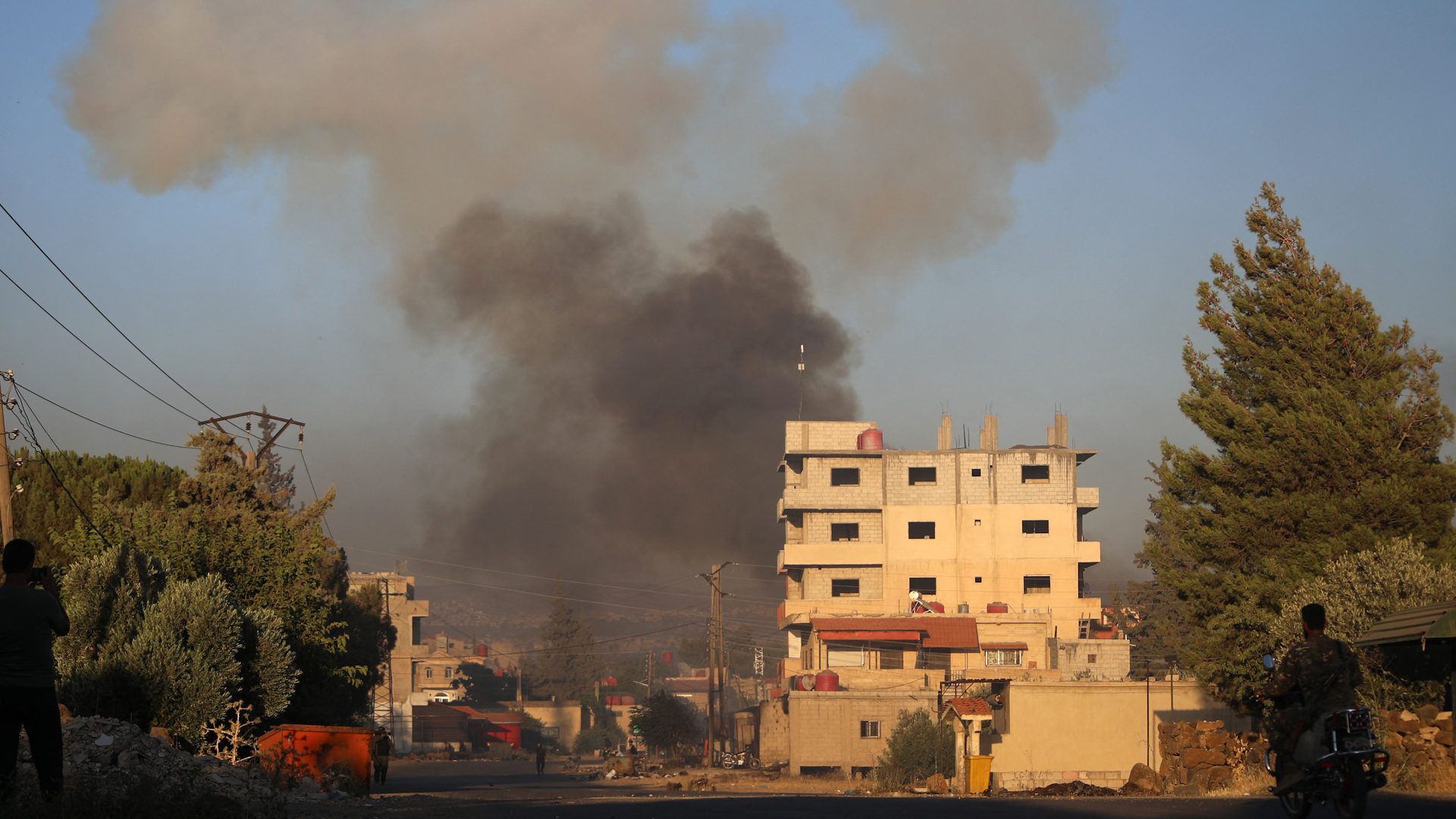
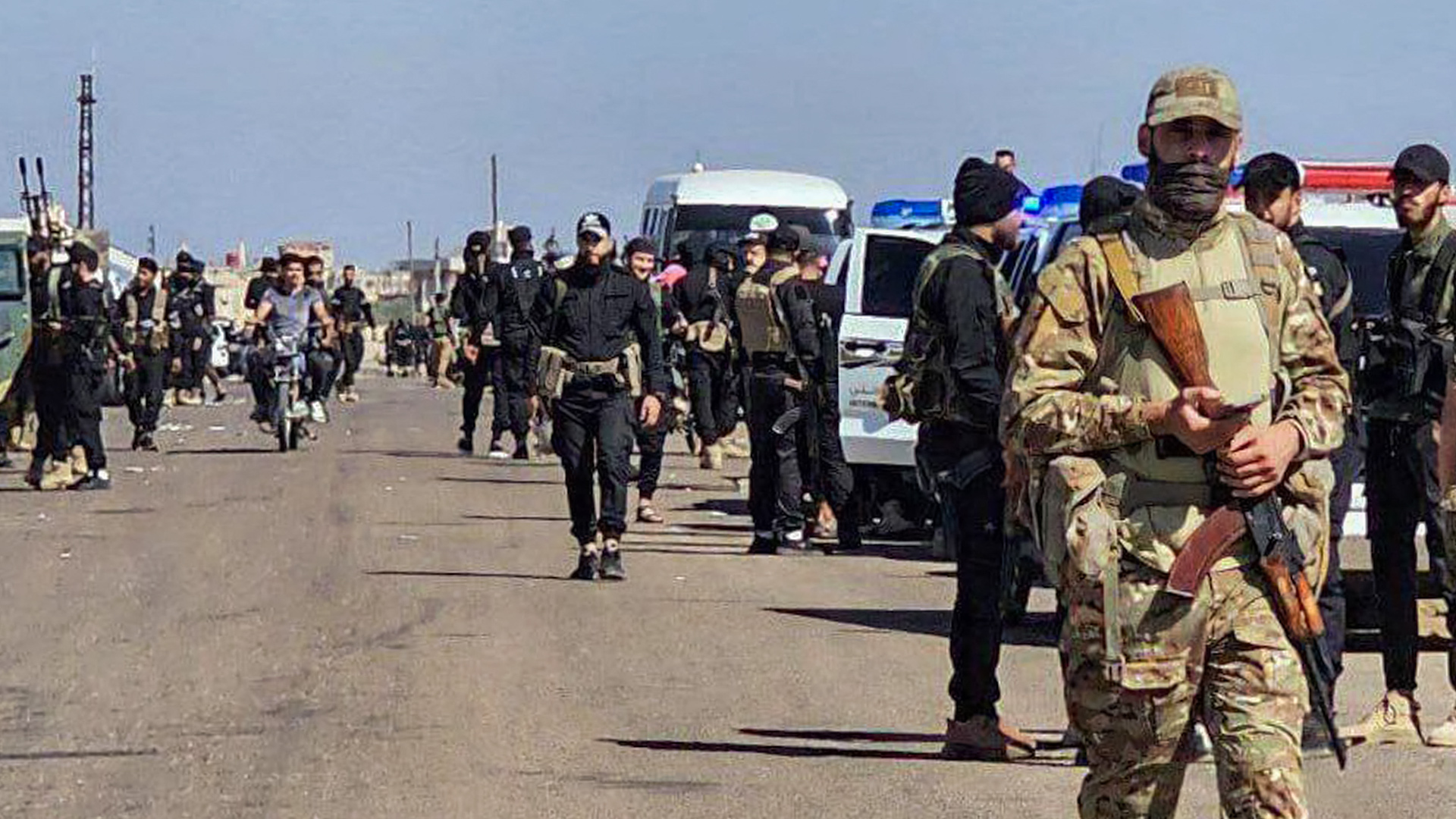
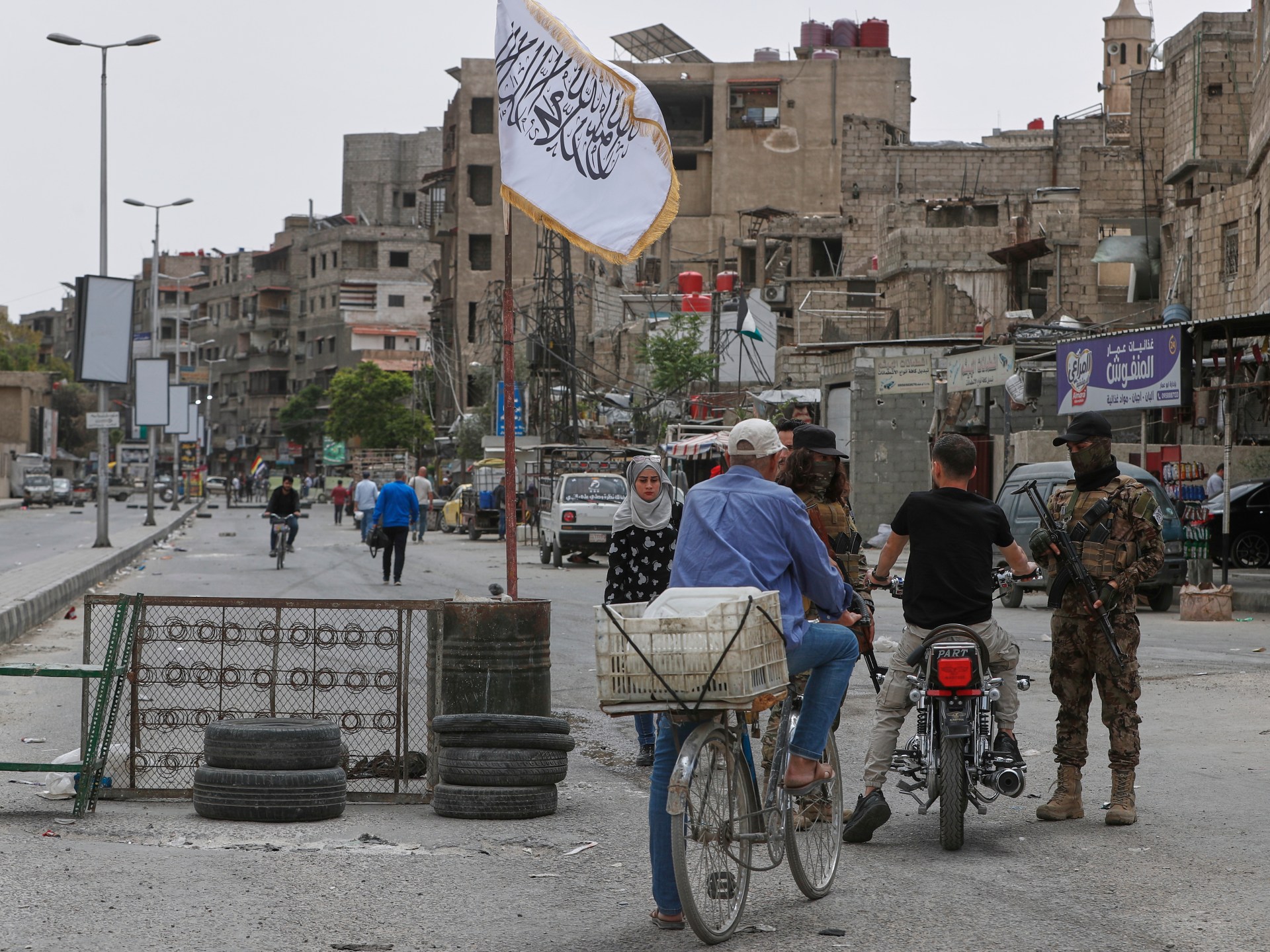

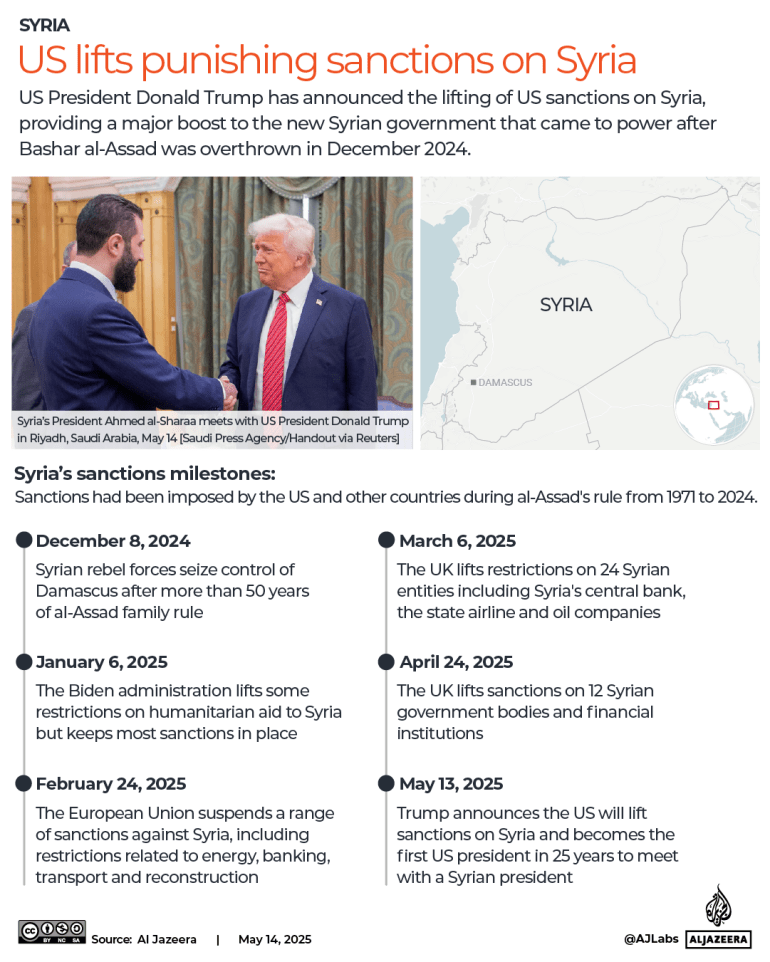
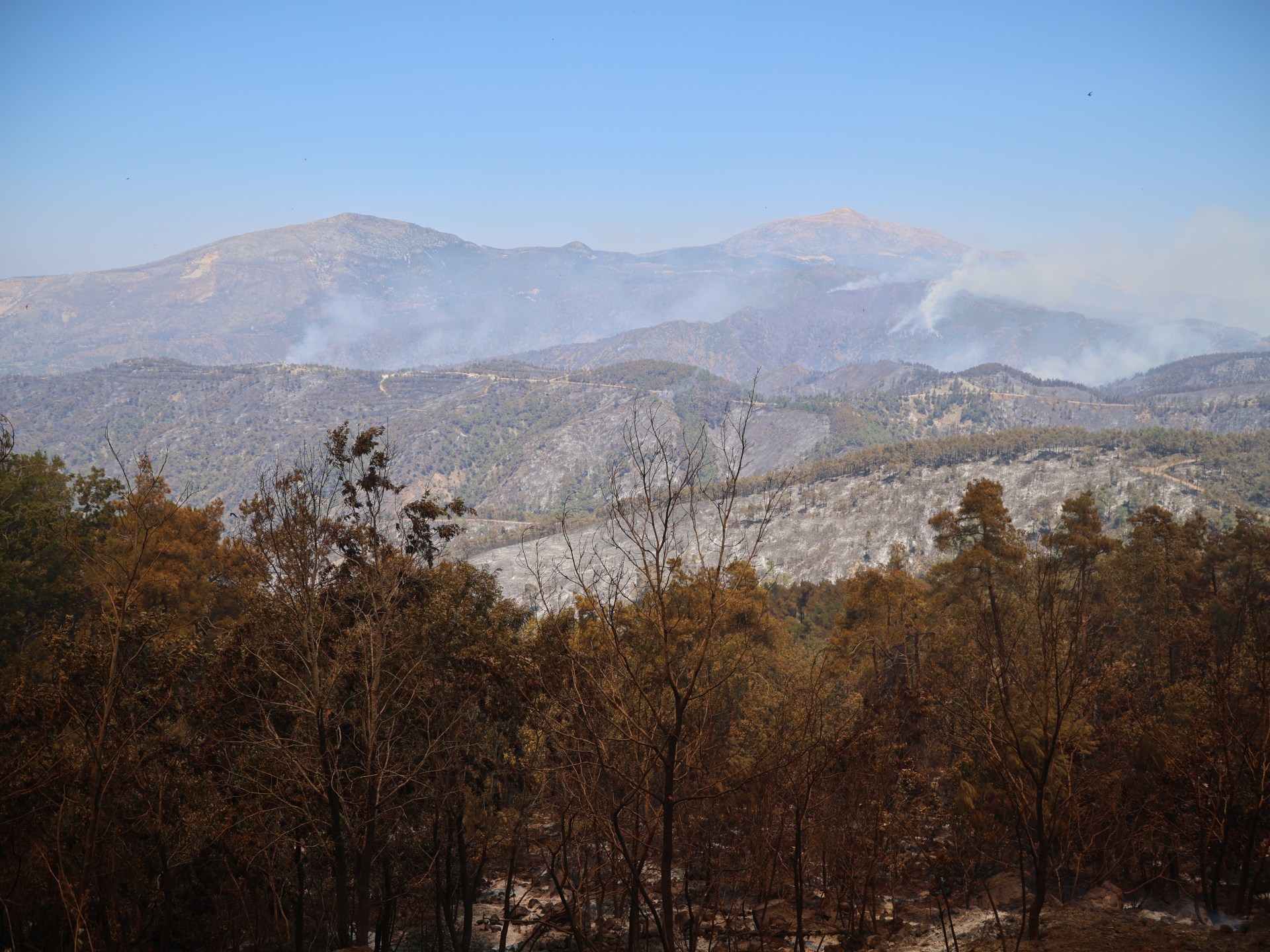
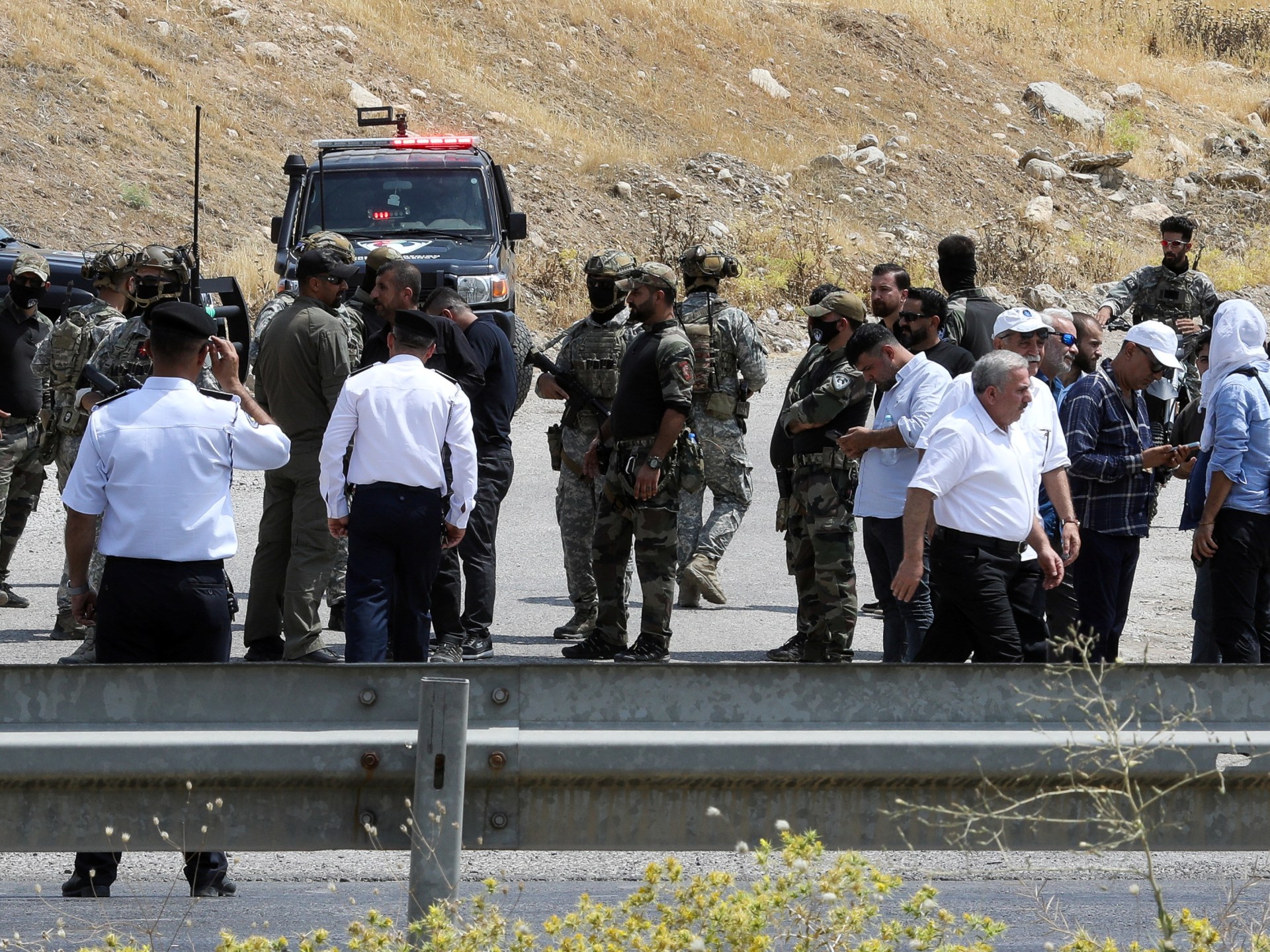
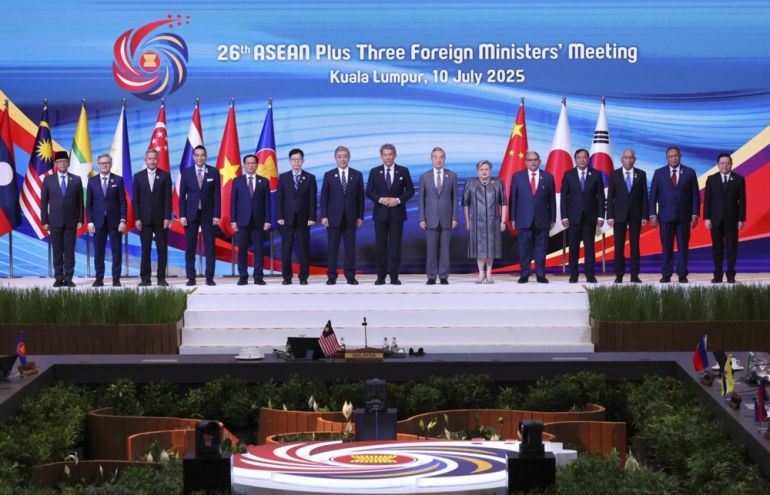
![A group photo at the 58th Association of Southeast Asian Nations (ASEAN) Foreign Ministers' Meetings in Kuala Lumpur, Malaysia, 10 July 2025. [Hasnoor Hussain/EPA]](https://www.aljazeera.com/wp-content/uploads/2025/07/13184061-1752215666.jpg?w=770&resize=770%2C495&quality=80)
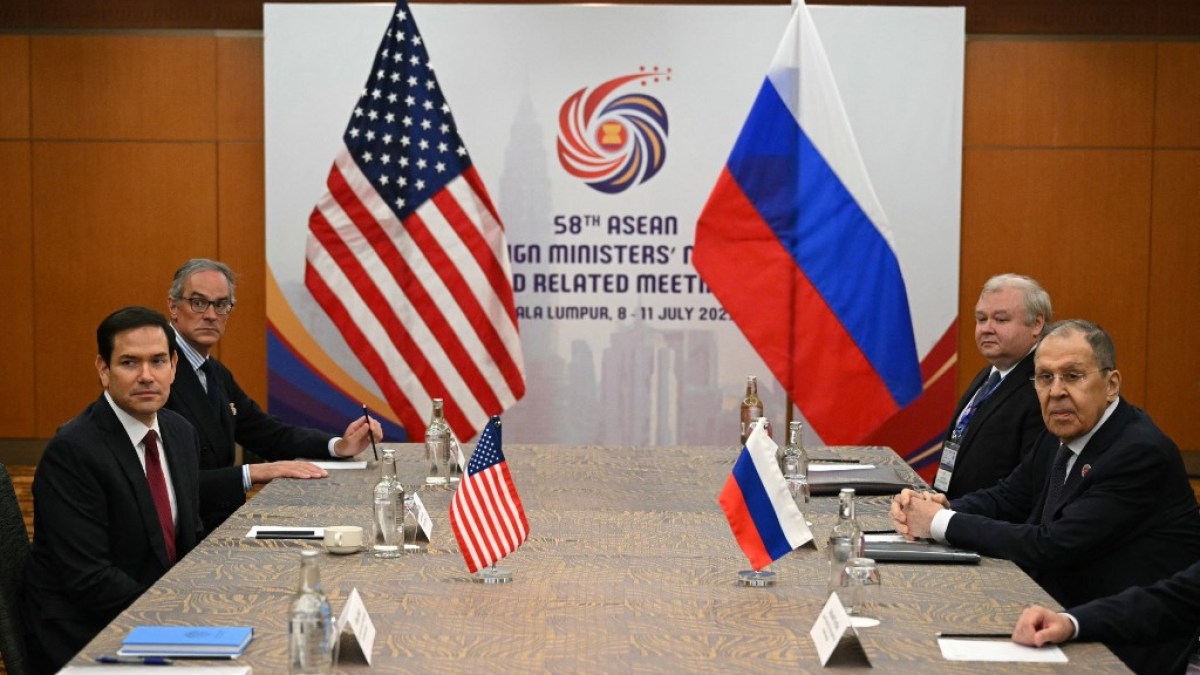
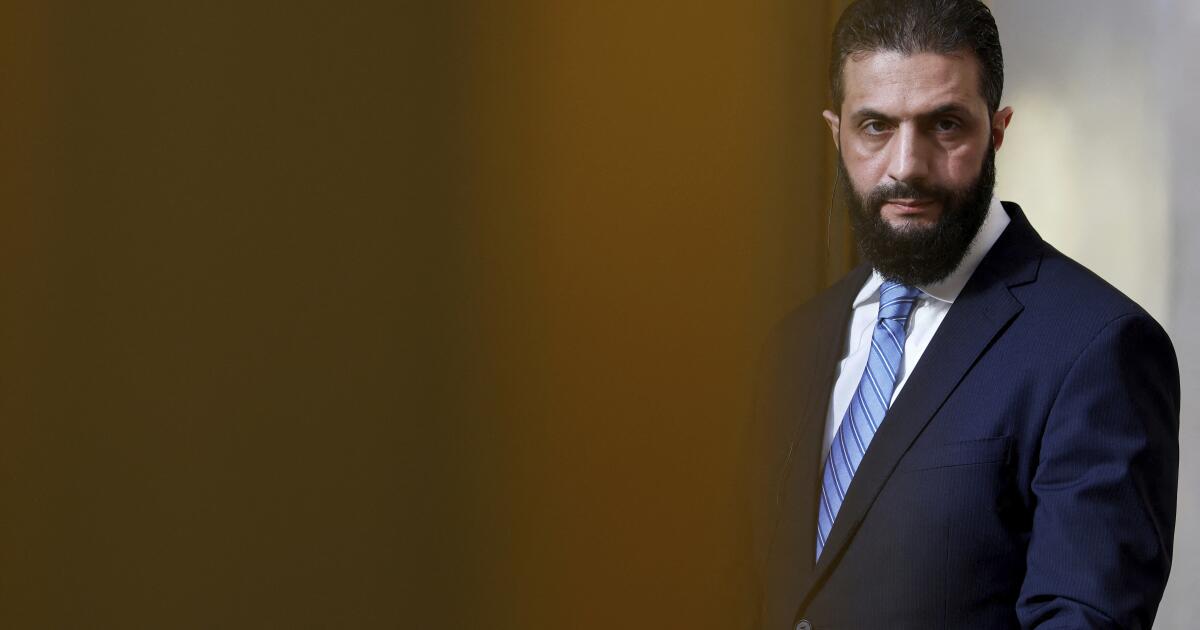
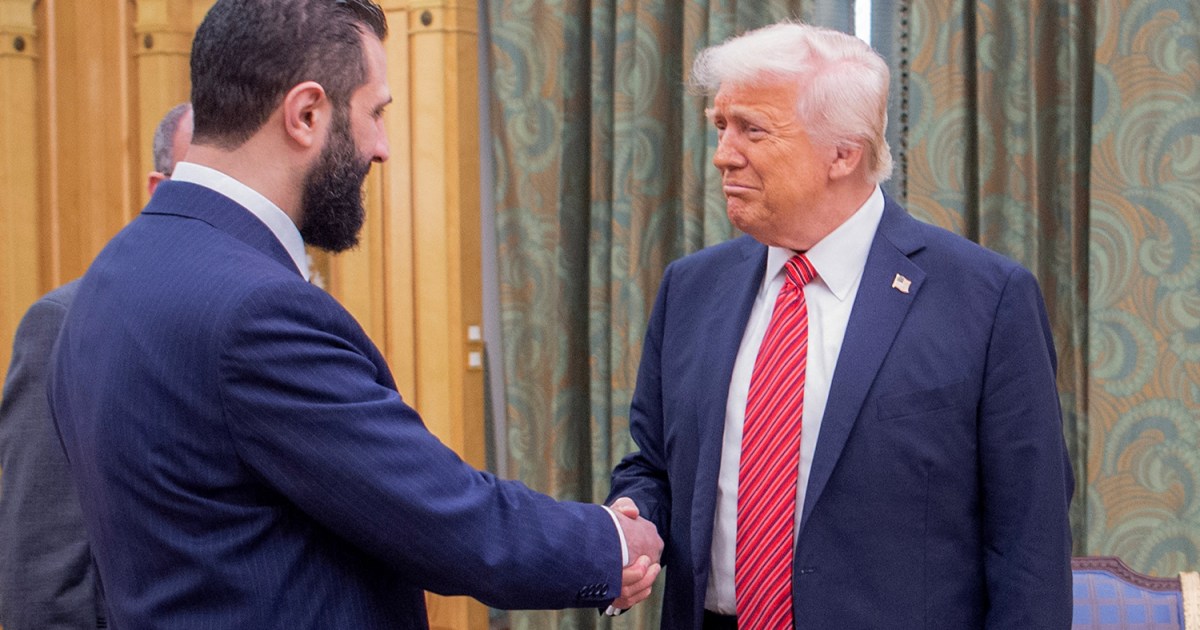
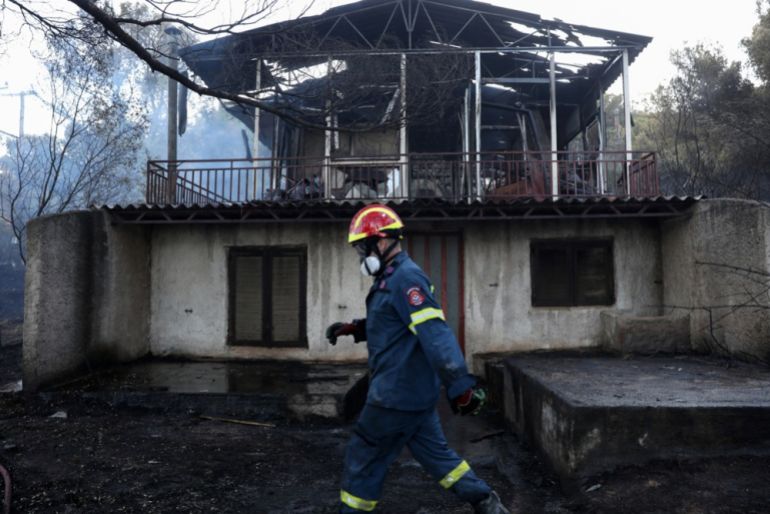
![A firefighter walks past a burned house after a wildfire swept through Pikermi suburb, east of Athens, Greece, 03 July 2025. [George Vitsaras/EPA]](https://www.occasionaldigest.com/wp-content/uploads/2025/07/13167788-1751876328.jpg)
